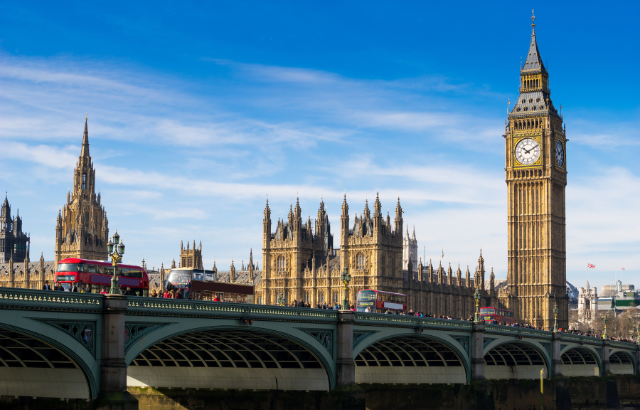Rachel Reeves needs to change the record
Tim Bale, Professor of Politics in the School of Politics and international Relations at Queen Mary University of London has written on the recent Spring Statement 2025 presented by The Chancellor of the Exchequer Rachel Reeves.

“Politics,” according to the economist J.K. Galbraith, “is not the art of the possible. It consists in choosing between the disastrous and the unpalatable” – and that’s precisely what Rachel Reeves can argue she’s done in her Spring Statement.
No-one who’s followed Reeve’s writings or her career in Labour Politics can seriously believe she actually wanted, as Chancellor of the Exchequer, to make cuts to welfare benefits that, even if we take official estimates rather than those of her opponents, will see an additional 50,000 British children pushed into relative poverty.
But, in her view (and that of the Treasury she heads up), not to have done so would have sent a signal to the bond markets, the media, and voters that she wasn’t serious about sticking to her self-imposed ‘fiscal rules’, with all the dire consequences for the government’s financial credibility that Liz Truss ran into after Kwasi Kwarteng’s politically catastrophic ‘Mini-Budget’ in the early autumn of 2022.
Nor is Reeves the first Labour Chancellor to deem it necessary to slaughter some of the party’s sacred cows: her predecessors have been doing that ever since the party overtook the Liberals to become one of the UK’s ‘big two’ political parties. No pain (on the part of outraged backbenchers and grassroots members), no gain (in terms of convincing markets, media, and voters that the government not only talks the talk but walks the walk).
Yet one has to ask whether, both economically- and politically-speaking, this is such a smart strategy. Will the cuts she’s announced get the government any nearer to its holy grail of growth? Will they really encourage people who aren’t currently in the labour market to re-enter it? Is it really possible to improve the country’s crumbling public services by spending less rather than more money on them? If the answer turns out to be no, both the economy and the government are going to be going nowhere fast.
And politically, in spite of the fact that, after the cash the government’s pouring into the NHS and defence, total spending is still relatively high, there’s an even bigger risk – namely that by doing what she’s doing, Reeves opens herself up to the accusation that she’s not so much grabbing as simply playing on Tory territory, legitimising a worldview that says we should always aim to shrink rather than expand the role of the state.
Reeves and her supporters will, of course, argue that she has to deal with things as they are, not as they might like them to be. But this presumes that reality and perception are two completely different things, when the truth is that the former is –in part at least – constructed by the latter.
Allied to that is the idea that the preferences of the electorate in particular are (to lapse briefly into jargon) exogenous rather than endogenous – in other words formed outside politics rather than formed partly by it. If that’s not the case (and it’s not) then politicians have at least a chance to shape preferences rather than simply accommodate them.
Shaping preferences is, fairly obviously, easier to do in government, when politicians can do as well as say things. Unsurprisingly, in opposition, Labour was the ultimate preference accommodator, ruling out tax rises because it was convinced voters wouldn’t wear them – even though it must have known it would need the money. Sadly, the Spring Statement suggests that, now it’s in office, it’s still very much stuck in that groove. Time, perhaps, to change the record, Ms Reeves?
Related items

10 December 2024

9 December 2024

6 December 2024